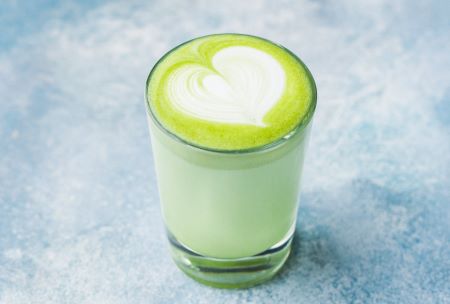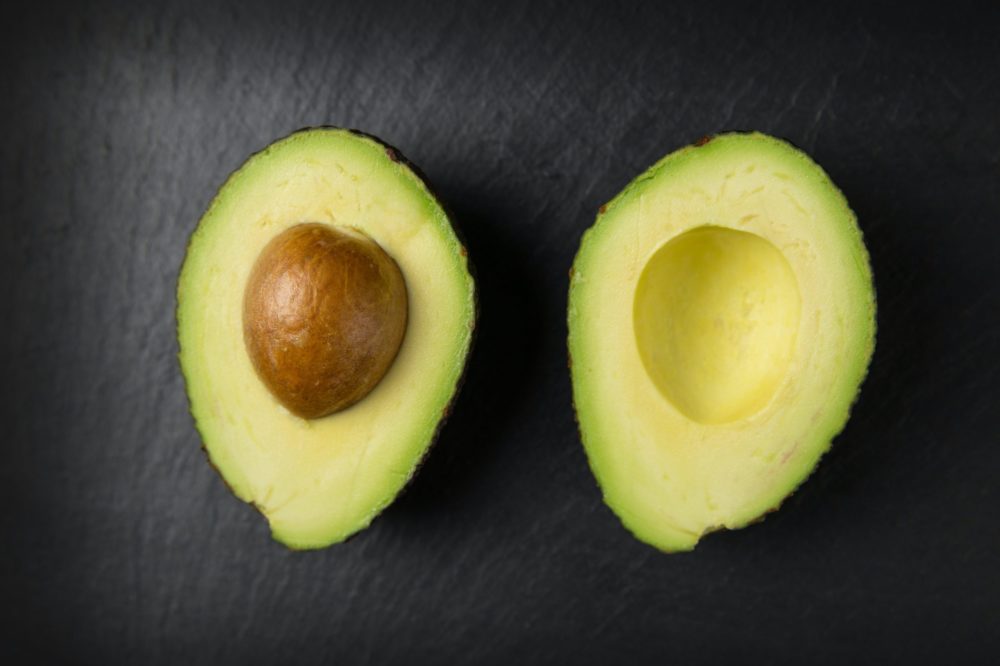Unlocking the Heart Healthy Potential of Avocado: A Nutritional Treasure, So Are Avocados Good for Your Heart?
In recent years, avocados have emerged as a culinary superstar and a favorite among health-conscious individuals. Beyond their creamy texture and versatile flavor, avocados are often hailed for their potential cardiovascular benefits. So “Are Avocados Good for Your Heart?” by delving into the nutritional profile of avocados, their impact on heart health, and how incorporating this nutrient-packed fruit into your diet can contribute to overall well-being.
Understanding the Nutritional Profile – The Heart of Avocado Nutrition, Are Avocados Good for Your Heart?
Avocados are a nutrient-dense fruit, rich in a variety of essential vitamins, minerals, and healthy fats. Here’s a breakdown of the key components that make avocados a nutritional treasure:
1. Healthy Fats:
Avocados are notably high in monounsaturated fats, particularly oleic acid. Monounsaturated fats are heart-healthy fats that have been associated with various cardiovascular benefits, including improved lipid profiles.
2. Fiber:
A medium-sized avocado contains a significant amount of dietary fiber, both soluble and insoluble. Fiber plays a crucial role in heart health by helping to lower cholesterol levels and regulate blood sugar.
3. Potassium:
Avocados are a potassium-rich food, with a higher potassium content per ounce compared to bananas. Potassium is essential for maintaining healthy blood pressure levels and supporting proper heart function.
4. Vitamins:
Avocados are a good source of vitamins, including vitamin K, vitamin E, vitamin C, and various B vitamins. These vitamins contribute to overall cardiovascular health by supporting blood clotting, antioxidant defense, and energy metabolism.

Is a plant based diet good for your heart?
Heart Health Benefits – Nurturing the Heart with Avocado, Are Avocados Good for Your Heart?
Research suggests that incorporating avocados into your diet may offer several heart health benefits:
1. Cholesterol Management:
The monounsaturated fats in avocados have been associated with improving the lipid profile by increasing high-density lipoprotein (HDL or “good”) cholesterol levels and reducing low-density lipoprotein (LDL or “bad”) cholesterol levels. This favorable effect on cholesterol may contribute to a lower risk of heart disease.
2. Blood Pressure Regulation:
The potassium content in avocados is vital for maintaining healthy blood pressure levels. Potassium helps counteract the effects of sodium, promoting proper fluid balance and relaxed blood vessel walls.
3. Anti-Inflammatory Effects:
Chronic inflammation is a contributing factor to cardiovascular diseases. Avocados contain antioxidants, including carotenoids and tocopherols, which exhibit anti-inflammatory properties. These antioxidants may help mitigate inflammation and oxidative stress in the cardiovascular system.
4. Improved Arterial Function:
Some studies suggest that avocados may positively impact vascular function. The combination of healthy fats, fiber, and antioxidants may contribute to improved arterial health and blood flow.
Incorporating Avocado into a Heart-Healthy Diet
From Guacamole to Salads – Creative Ways to Enjoy Avocado
Including avocados in your diet doesn’t have to be limited to slicing them onto toast. Here are some creative and heart-healthy ways to enjoy avocados:

1. Guacamole:
A classic favorite, guacamole combines mashed avocados with ingredients like tomatoes, onions, lime juice, and cilantro. Pair it with whole-grain tortilla chips or use it as a flavorful topping for salads, tacos, or grilled chicken.

2. Avocado Toast:
Top whole-grain toast with sliced avocado for a simple and satisfying breakfast or snack. Enhance it with additional toppings like poached eggs, cherry tomatoes, or a sprinkle of chili flakes.

3. Salads:
Add chunks of avocado to your salads for a creamy texture and an extra dose of heart-healthy fats. Combine it with leafy greens, cherry tomatoes, and a balsamic vinaigrette for a refreshing meal.

4. Smoothies:
Blend avocados into your morning smoothies for a creamy consistency and an added nutrient boost. Combine it with fruits like berries, spinach, and a splash of almond milk for a delicious and heart-friendly beverage.
Try Our Almond milk recipe for smoothies

5. Avocado Salsa:
Create a vibrant salsa by combining diced avocados with tomatoes, red onions, cilantro, and lime juice. This versatile topping can elevate the flavor of grilled fish, chicken, or even vegetarian dishes.
Considerations and Moderation – Balancing the Benefits
While avocados offer numerous health benefits, it’s essential to consume them as part of a well-rounded and balanced diet. Consider the following tips:
1. Mindful Portion Control:
While avocados are nutrient-dense, they are also calorie-dense. Be mindful of portion sizes to avoid excess calorie intake, especially if you are watching your overall calorie consumption.
Fasting Meal Plan Ideas for Busy Individuals
2. Diverse Nutrient Intake:
Variety is key to a balanced diet. While avocados provide essential nutrients, it’s essential to incorporate a diverse range of fruits, vegetables, lean proteins, and whole grains for optimal nutrition.
3. Individual Dietary Needs:
Everyone’s dietary needs are unique. If you have specific health concerns or dietary restrictions, it’s advisable to consult with a healthcare professional or a registered dietitian to ensure that avocados align with your individual health goals.
The Gut-Healthy Delight: Making a Fresh Strawberry Milkshake
So are avocados good for the heart? the evidence leans towards a resounding “yes.” Packed with heart-healthy fats, fiber, and an array of essential nutrients, avocados offer a delicious and versatile way to support cardiovascular health. From managing cholesterol levels to regulating blood pressure, the nutritional benefits of avocados make them a valuable addition to a heart-conscious diet. So, go ahead, indulge in the creamy goodness of avocados and savor not just their taste, but also the potential benefits they bring to your heart.
